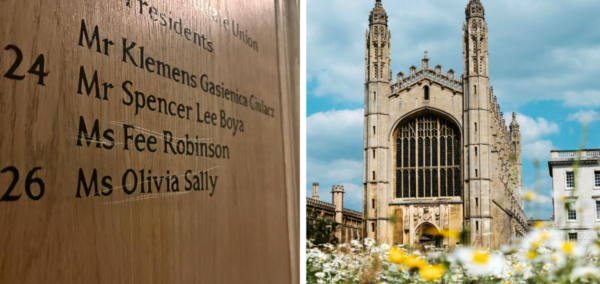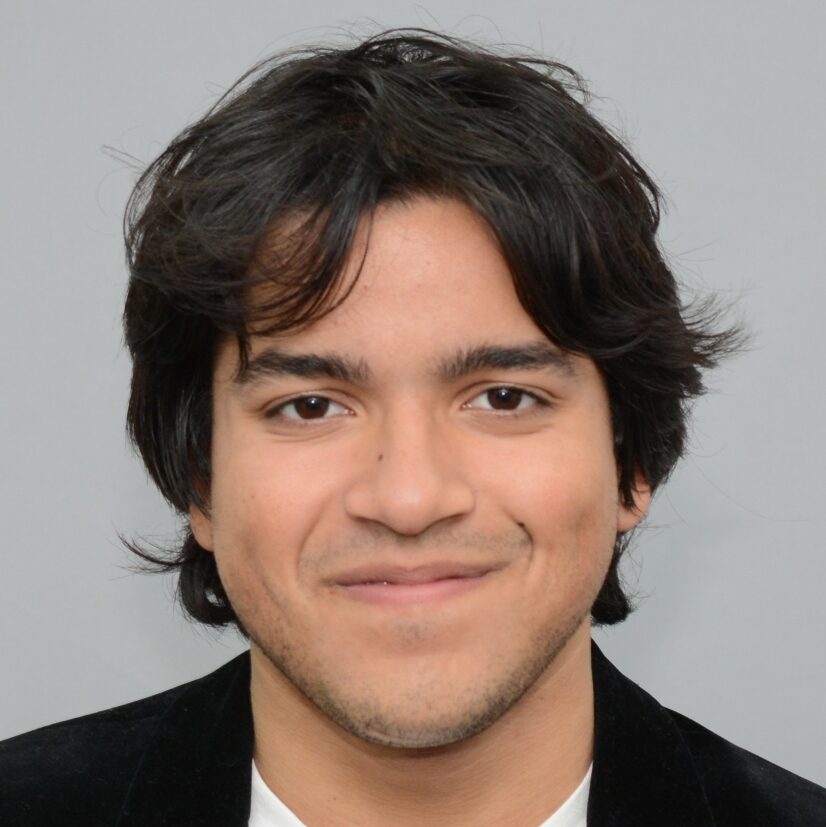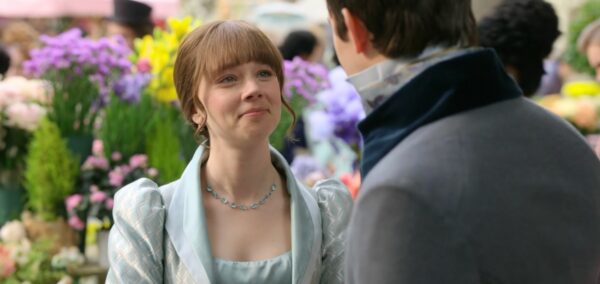
Gaza institution with ties to University of Glasgow destroyed in IDF attacks
The Islamic University of Gaza lies in ruins following continual Israeli bombardment of the Gaza Strip
A building part of the University of Glasgow’s global partner institutions has been “reduced to rubble” as a result of the ongoing situation in Gaza.
Disruption in Gaza has increased significantly since the events of October 7th, as the Israeli Defence Forces (IDF) continue their military campaign. It has now been reported that the oldest educational institute in the Gaza Strip, the Islamic University of Gaza (IUG) has been left in ruins after attacks by the IDF.
According to The National, the IUG, located near the besieged Al-Shifa Hospital in the Northern region of the Gaza Strip is only one of several educational institutions across Gaza which has been wiped out as a result of the conflict. All four of Gaza’s universities as well as over 350 schools and its public library have been destroyed by Israeli strikes.

The Islamic University of Gaza is located in the besieged northern region of the Gaza Strip
The University of Glasgow, who has ties dating back around 15 years with the institution describe the Islamic University of Gaza as an “Independent Palestinian University established in 1978 in Gaza City,” as well as one of its “Erasmus+ International Credit Mobility Programme” partners.
Glasgow University notably welcomed eight Palestinian students to Scotland to study at the institution in 2018, on a project made possible through a series of grants from an EU-funded programme, won by the School of Modern Languages and Cultures.
Professor Alison Phipps, a member of the School of Education and a pioneer of the University’s partnership with the Gaza-based institution spoke of her horror at the destruction of the University with whom she had worked so closely, writing on X:
“We worked on academic peace-building projects, on intercultural communication, language pedagogy, arts, cultural heritage & gender-brd violence. It’s ALL destroyed.”

The University of Glasgow has academic and cultural connections with the Gaza-based institution going back 15 years
Professor Phipps, who also chairs the UNESCO Refugee Integration through Language and Arts Programme, spoke of her personal grief at the loss of beloved colleagues and fellow academics with whom she collaborated on the partnership scheme. On X, she paid tribute to Professor Refaat Al-Areer, whom she named as one of the “lead investigators on our arts and creative story writing project.” She added that he was “beloved by students, colleagues and translators.”
This is devastating news. One of the lead investigators on our arts and creative story writing project with Palestinian folktales – a gigantic literary talent & Shakespeare scholar Gaza wrote back through Prof Refaat Al-Areer, beloved by students, colleagues, and translators https://t.co/InCKtVIzMh
— Alison Phipps አሊሰን 🧡🕊️ (@alison_phipps) December 7, 2023
She paid further tribute to the incredible work of her fellow academic and colleague, telling The National that he was “working to develop the capabilities of and with women in storytelling and in preserving the intangible cultural heritage of Palestinian culture and the Gaza Strip.”
She added that she awakes every morning and is fully “unable to comprehend” the destruction, and she writes to her surviving colleagues in the region knowing every communication “could be our last.”

Pro-Palestine demonstrations were held at the University of Glasgow following Israel’s military campaign in Gaza
This latest tragedy is sure to further resonate with a Glasgow student and staff population who have previously turned out in large numbers to show their support for those caught up in the bombardment of the Gaza Strip, many of whom are children and young people.
Since October last year, pro-Palestine demonstrations have been held at the University of Glasgow’s campus, as well as in George Square, all of which have seen a high turnout. The University of Glasgow has previously held a vigil for peace in the University Chapel but has largely refrained from commenting directly on the issue. It has, however, continually affirmed its support to students and staff personally affected by the conflict.
Related stories recommended by this writer:
• Glasgow students walk out for the fourth week in a row regarding the situation in Gaza
• More than 200 academics at the University of Glasgow call for Gaza Ceasefire
• Fewer than 20 per cent of University of Glasgow’s staff complete anti-racism training




















